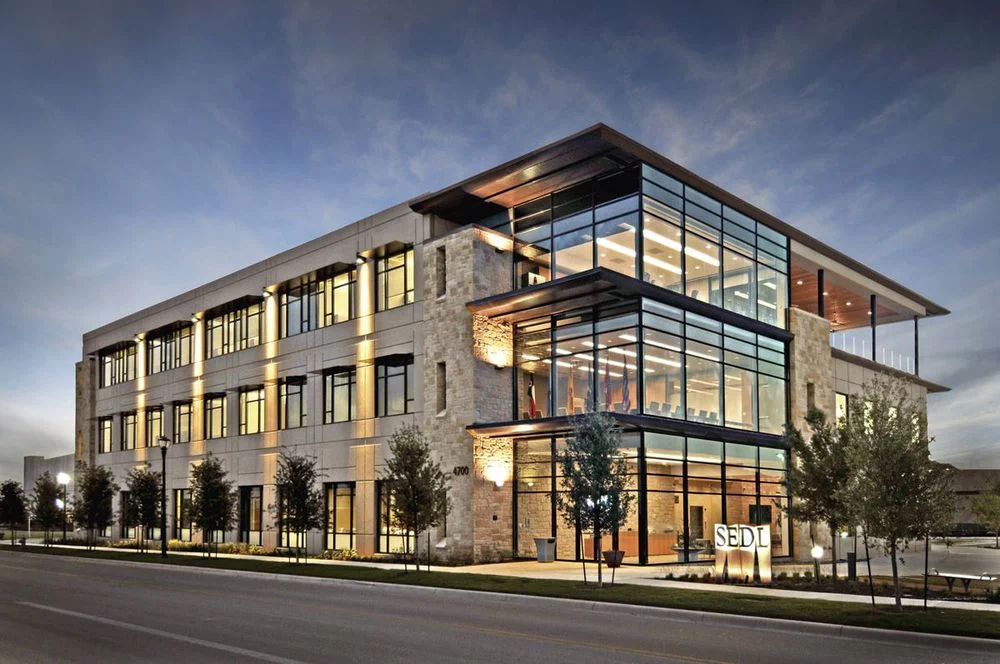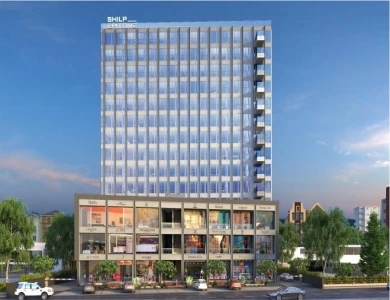
What is CRE?
Commercial real estate (CRE) is a property
that is only used for commercial activities or as office space. It might be
anything from an office complex to a duplex home, a dining establishment, or a
warehouse. Retailers, offices, hotels and resorts, shopping malls, restaurants,
and healthcare facilities are just a few of the different types of CRE.
Commercial real estate can generate income for people, businesses, and
corporate interests by renting it out or by keeping it and reselling it.
CRE takeaways:
Commercial real estate is a form of investment
that has the potential to generate profit for the property owner through
capital gain or rental income. It is divided into four main classes: office
space, industrial space, multifamily rentals, and retail space. Investment in
commercial real estate requires more sophistication and larger capital from
investors than residential real estate, and publicly traded real estate
investment trusts (REITs) are a feasible way for individuals to indirectly
invest in it.
Commercial Real Estate types:
Commercial real estate is usually classified into four types depending on its use:
●
Industrial
use: The size of industrial
properties can also vary significantly based on their particular use cases.
● Office space: Office buildings are also classified as low, mid, or high-rise according to their size, much like multifamily homes.
Similar subcategories exist for office space. Class A, Class B, or Class C are frequently used to describe it:
1. Class A: In terms of appearance,
age, infrastructural quality, and location, Class A buildings are the best.
2. Class B: These buildings are often older and less expensively
competitive than class A structures. These structures are frequently sought
after by investors for restoration.
3. Class C: The oldest buildings are those in the Class C category; they are often older than 20 years old, situated in less desirable regions, and in need of upkeep.
●
Multifamily: The intermediary between residential and
commercial real estate is multifamily buildings. While they can primarily be
used as residences, the objective of this kind of property is generally for
investment (owner-occupied or not).
●
Retail: The smaller retail buildings known may or may not
have anchor tenants. A bigger retail tenant is known as an anchor tenant and
often helps to attract people to the building.
●
Hotel and
resorts: Generally, full-service
hotels are found in tourist or central business districts.
●
Mixed-use: The most typical type of mixed-use structures are
retail/restaurant buildings with offices or homes perched on top, particularly
in cities.





